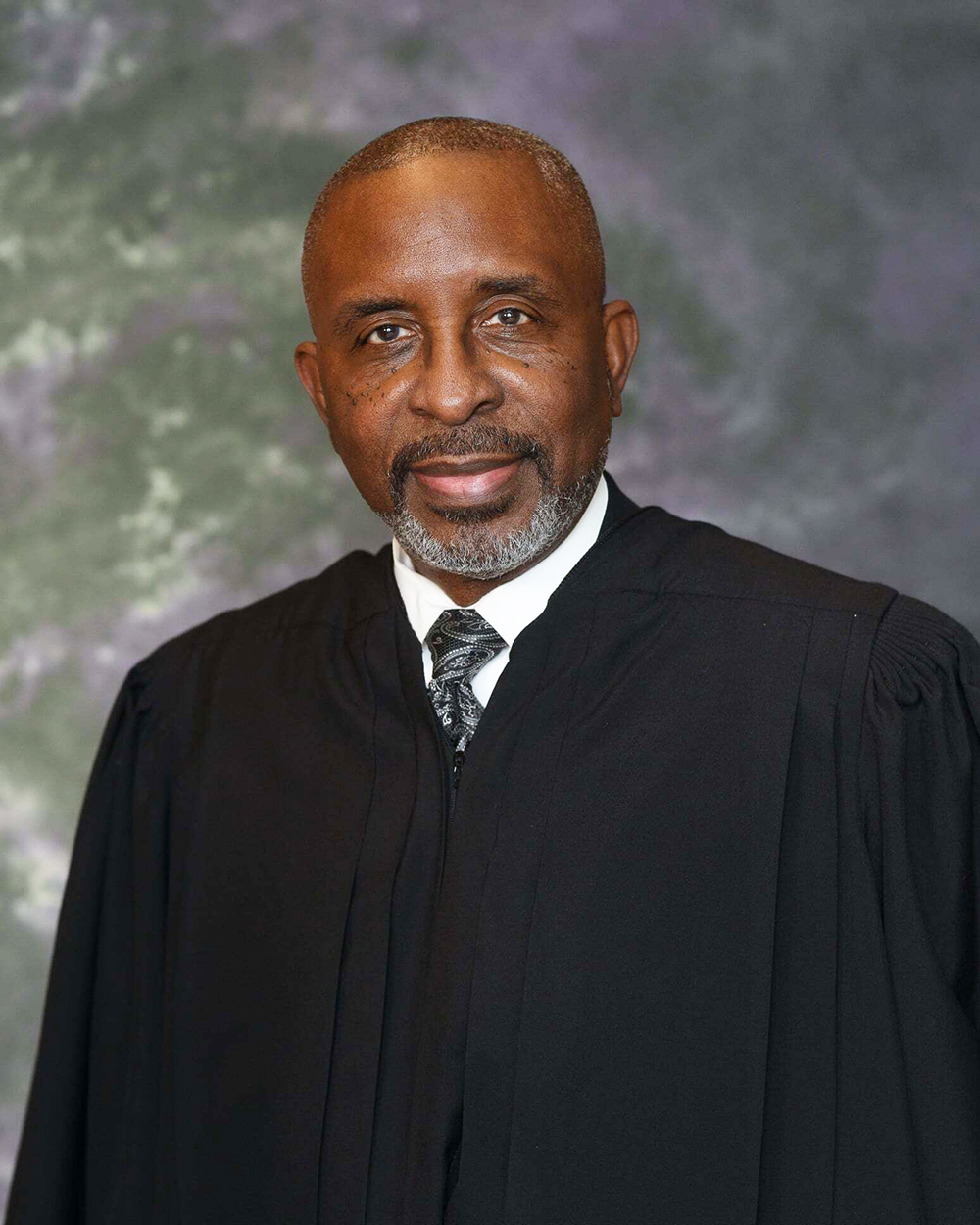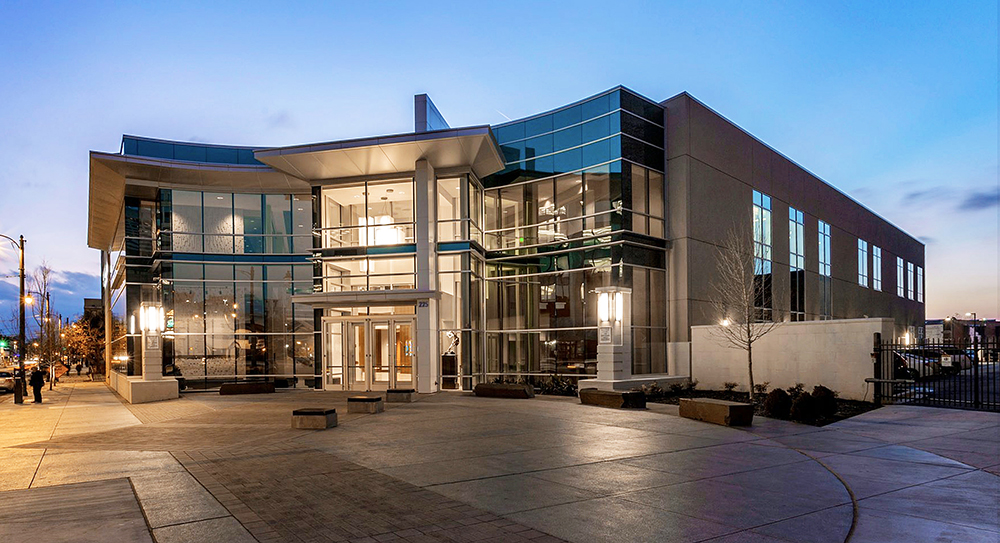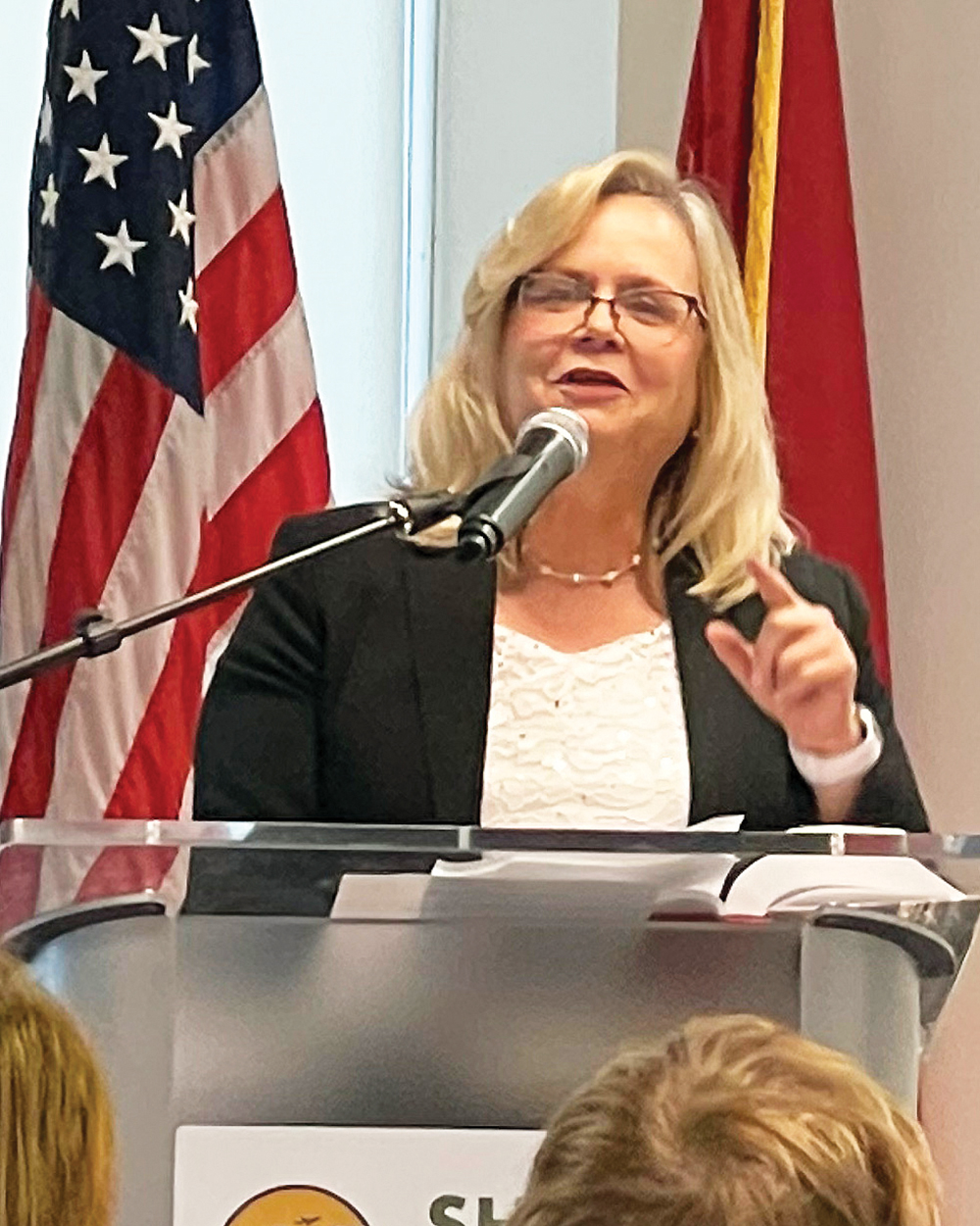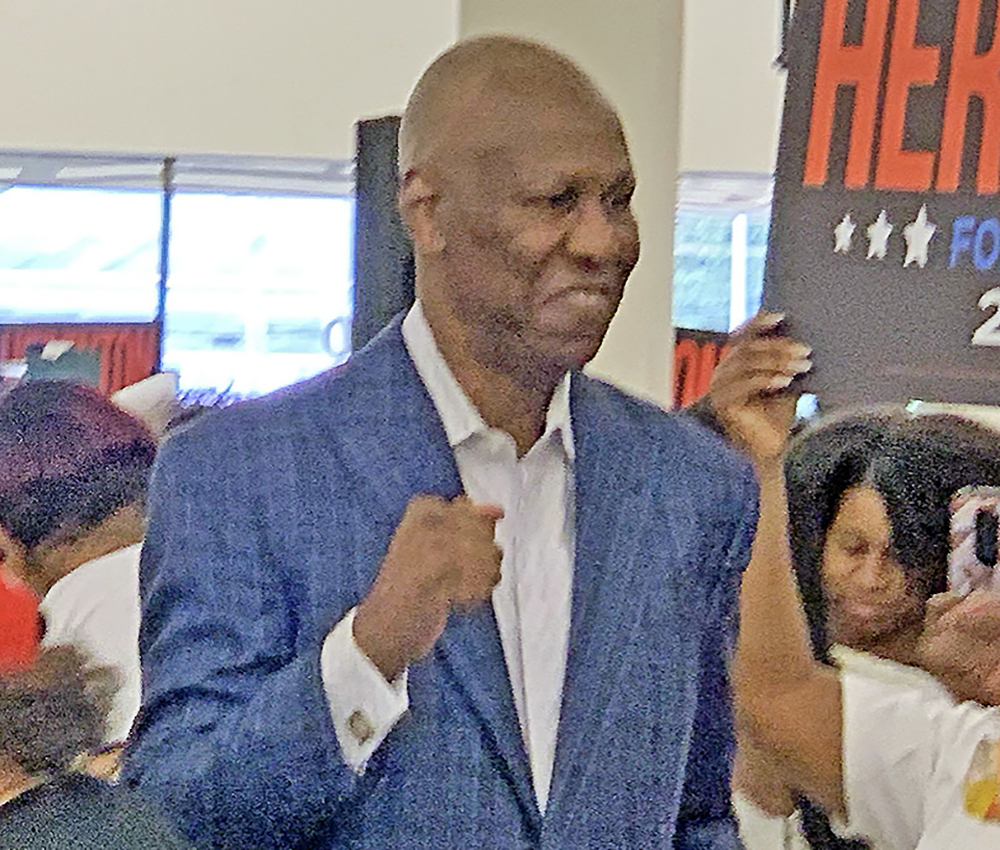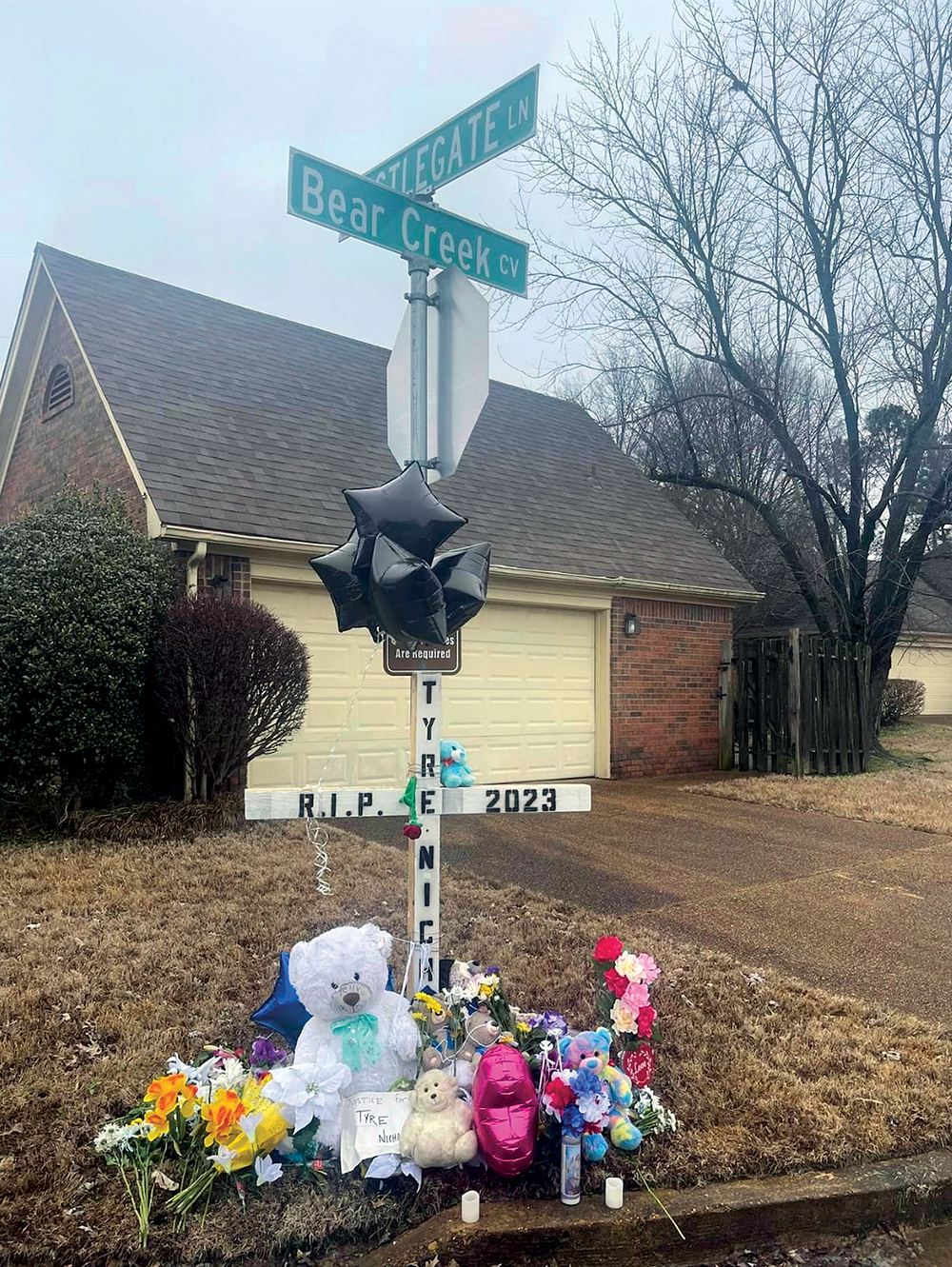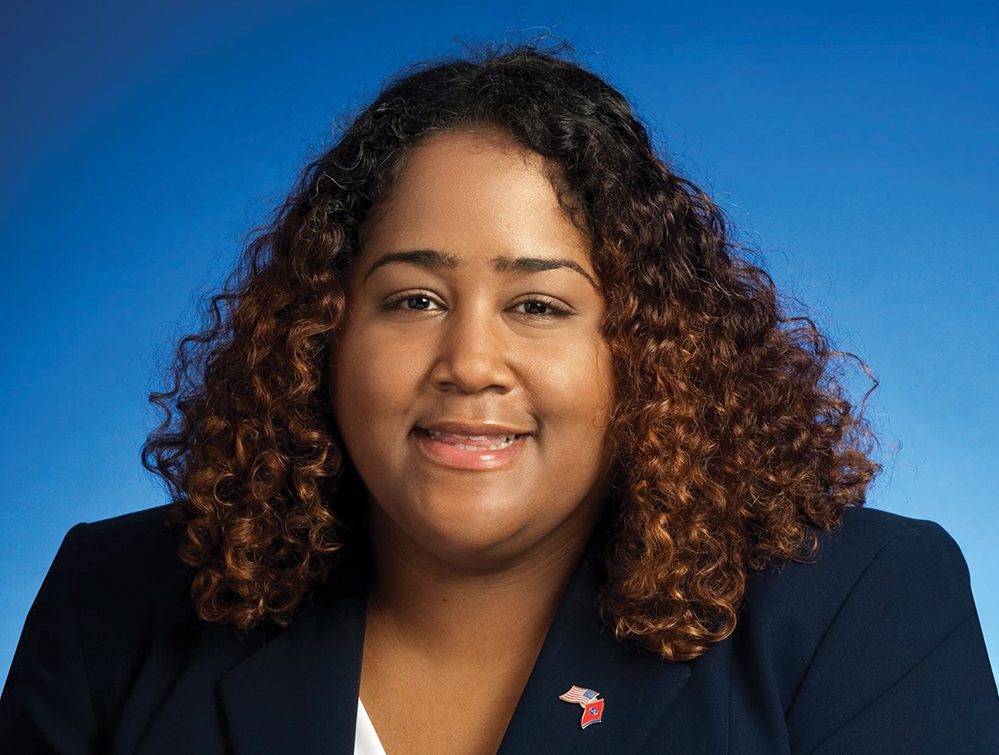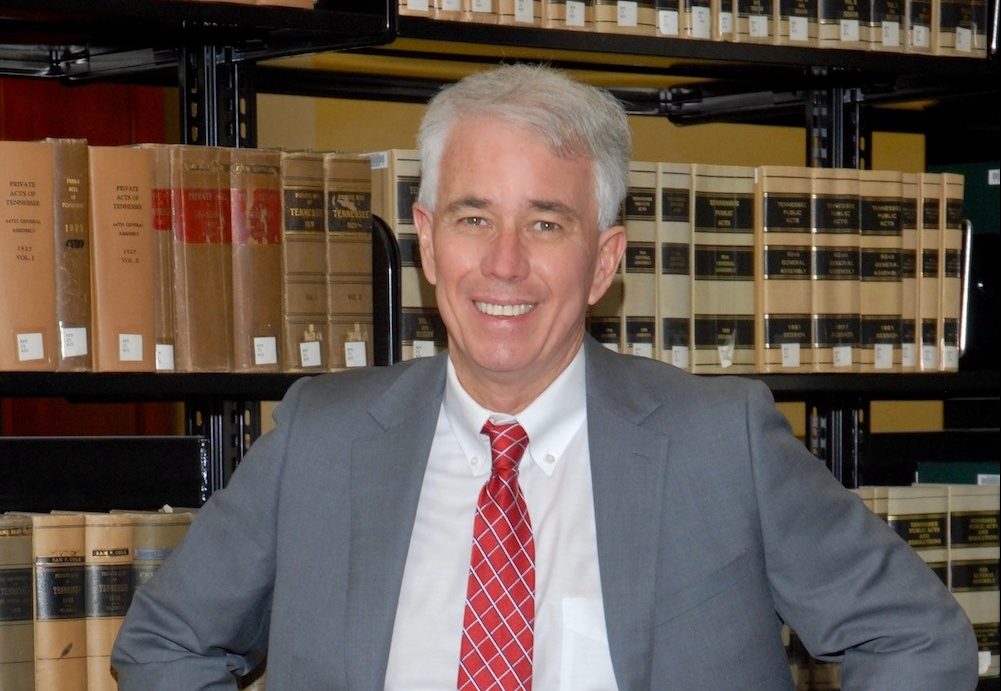We hear a lot these days about “bullet trains,” which whisk commuters from place to place with incredible speed. The train which took Memphis Congressman Steve Cohen last week from U.S. ally Poland into Kyiv, the capital of wartime Ukraine, took all of 10 hours. But the ride was surely worth it.
It was Cohen’s privilege, as ranking member of the congressional Helsinki Commission, to ride that slow train (hampered by security precautions) into harm’s way so as to present the gallant Ukrainian president, Volodymyr Zelenskyy, with the formal support of the commission for himself and his beleaguered nation.
The Helsinki Commission is an official government body created in 1975 to support compliance with that year’s Helsinki Accords, a nonbinding agreement pledging the nations of Europe and the Americas to the pursuit of peace and detente.
Accompanied by fellow House members Joe Wilson of South Carolina and Victoria Spartz of Indiana, Cohen was ushered into the president’s office as an air raid siren blared, reminding the visitors of the potential dangers involved.
The American delegation spent an hour with Zelenskyy, who, says Cohen, was the affable and resolute figure the world has grown familiar with during Ukraine’s courageous stand against the nonstop attacks of the Russian invader.
According to Cohen, Kyiv itself, relatively unscarred, remains determined to persevere and comports itself like any other busy metropolis. He described seeing workers rebuilding a bridge that was demolished during the war’s early phase to prevent Russian access into the city.
The American group also visited suburban areas — notably Bucha, the site of widespread massacres and other atrocities by occupying Russian troops, who were later forced to withdraw. Aside from that, says Cohen, “Bucha is actually an upscale sort of place, kind of like Germantown,” but one marked by numerous mass graves.
How would the congressman rank his Ukrainian experience? “Inspiring, and right up there with anything I’ve ever done.”
• However the tangled matter of mayoral residency requirements gets resolved, and it likely will get sorted out on a May 18th hearing in the courtroom of Chancellor JoeDae Jenkins, former Mayor Willie Herenton remains unworried, insisting that, as a new online broadside of his puts it, “My residence has never changed.”
He cites an official definition by Tennessee Secretary of State Tre Hargett of a residence as a “place where the person’s habitation is fixed and is where, during periods of absence, the person definitely intends to return.”
In Herenton’s case, that means a house on Barton Street, near LeMoyne-Owen College, an ancestral place of sorts where Herenton’s mother lived, as did the former mayor, despite his subsequent acquisition of other dwellings, including one in Collierville which he later sold.
Herenton contends that would distinguish him from two other mayoral candidates, Sheriff Floyd Bonner and NAACP president Van Turner, both of whom lived just outside Memphis before acquiring dwelling places in the city during the past year.
The issue to be determined by Jenkins is whether, as a vintage city charter maintained, a five-year prior residency is mandated for mayoral candidates or was made moot by a 1996 referendum of Memphis voters that imposed no such pre-election requirement.

